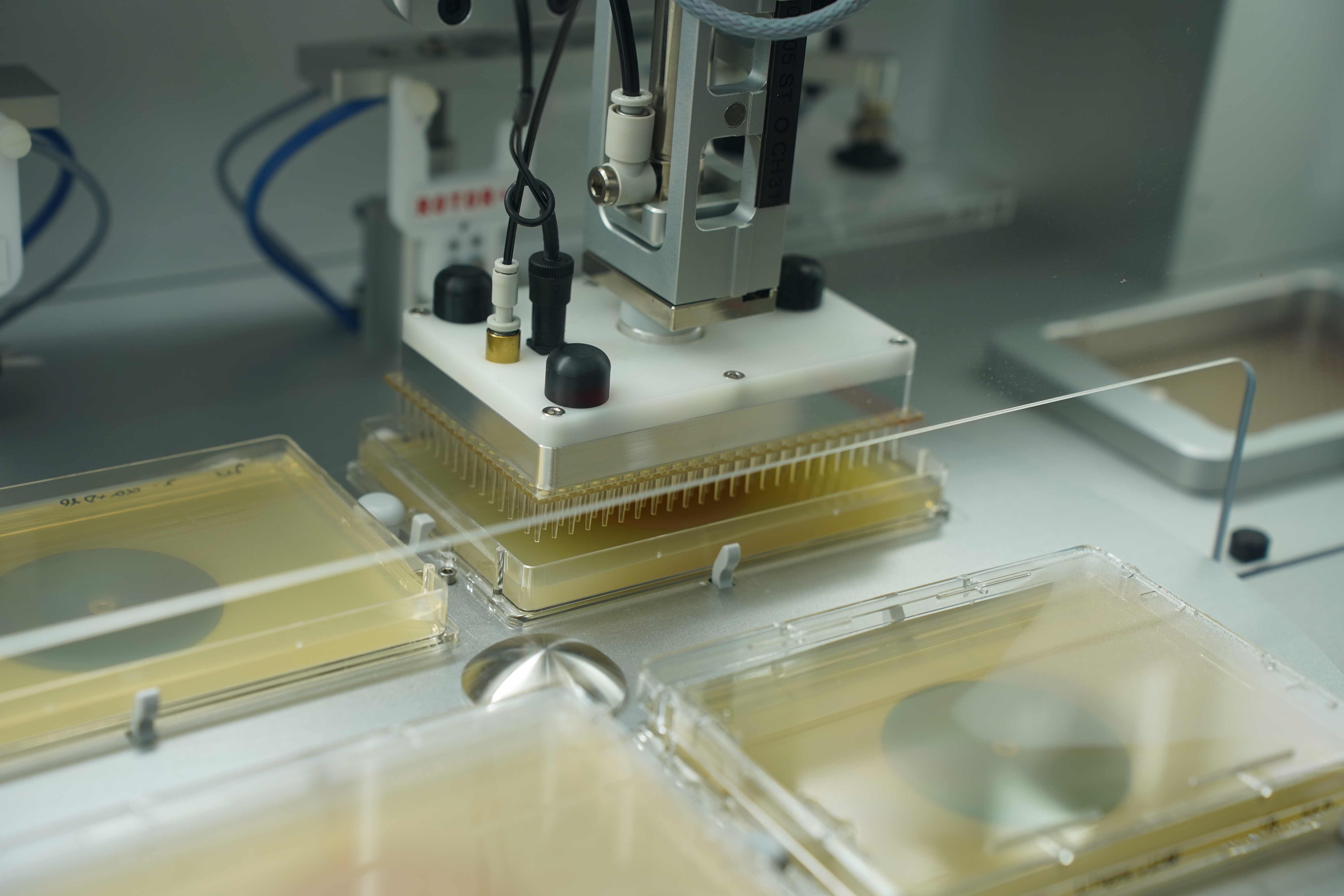
Research
The Schindler Lab has a broad research experience but focuses on synthetic biology and synthetic genomics. We work on the most abundant life forms on earth – unicellular microbes. We use prokaryotic and eukaryotic model organisms to study their biology with a particular focus on their genome. Our favorite bugs are the two fungi Saccharomyces cerevisiae and Schizosaccharomyces pombe and the bacterial models Escherichia coli and Vibrio natriegens.
Synthetic Biology
We use and develop synthetic biology tools to engineer our favorite bugs. By using “build-to-understand” approaches we are able to deepen into the fundamentals of life. As an example, we use synthetic regulatory RNAs to modify and monitor the post-transcriptional regulation landscape in microorganisms and in that way reveal new biotechnological applications.
Our synthetic biology approaches strongly benefit from the automation platform MaxGENESYS which we operate within the Max Planck Institute for Terrestrial Microbiology.
Additionally, we are recently very interested in the superfast growing bacteria: Vibrio natriegens. This organism becomes more attractive due to recent tool development and because its relatively close phylogenetic relation with Escherichia coli, nevertheless its differences make it a target for the research in our laboratory.
Synthetic Genomics
Recent research shows that the rewriting of microbial genomes is feasible. The construction of whole microbial genomes and their transplantation have been milestones for the field. So far there are only complete synthetic genomes of prokaryotes described. However, the construction of the first synthetic eukaryotic genome is only matter of time. We are a part of the synthetic yeast project, an international endeavor to construct the first synthetic designer eukaryote – Saccharomyces cerevisiae 2.0. Neochromosomes are for the first time described within the Sc2.0 project and are by definition synthetic chromosomes which do not have a natural template.
Neochromosomes are an integral part of our research. Currently synthetic genomes are the rewriting of existing genomes. However, with dropping synthesis costs and the availability of a broad molecular toolset one can think of chromosome writing beyond natural templates. Our research aims to facilitate the construction of synthetic designer microbes with the goal to design a genome in silico, build the genome in vitro and characterize it in vivo.
Laboratory automation
To allow efficient conduction of our research we are using a portfolio of laboratory automation equipment to increase the throughput. The equipment is established within the MaxGENESYS biofoundry, an infrastructure we established and operate at the Max Planck Institute for Terrestrial Microbiology. MaxGENESYS stands for Max Planck Genetic Circuit Synthesis Center – the focus on the platform is on DNA assembly its validation and characterization. However, the platform allows applications beyond this primary goal.
MaxGENESYS is generously supported by
